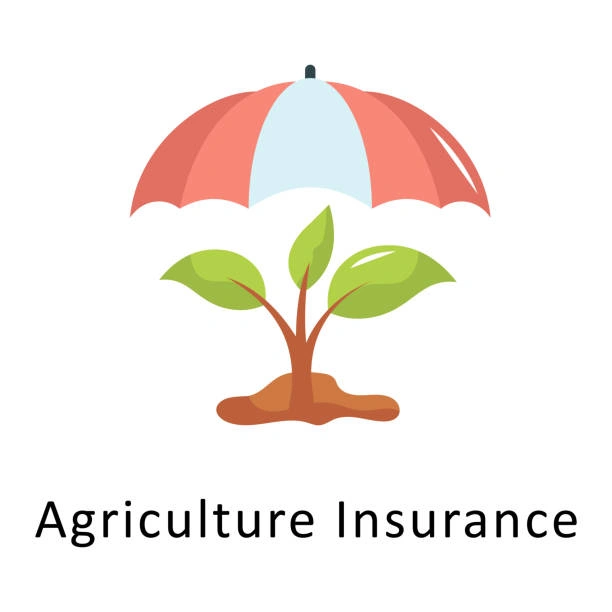Course Overview
This 5-module training course equips agricultural professionals, policymakers, and insurance providers with the skills and knowledge to design, implement, and promote effective crop insurance schemes. As climate variability increases risk in agriculture, crop insurance is essential for building farmer resilience, enhancing credit access, and stabilizing incomes. Participants will explore risk profiling, insurance product development, public-private partnerships, and claim management strategies tailored to diverse agricultural contexts.
DURATION
5 Days
Target Audience
-
Agricultural Insurance Providers
-
Policy Makers and Regulators
-
Extension Officers and Agribusiness Consultants
-
Cooperatives and Farmer-Based Organizations
-
Development Partners and Financial Institutions
Course Level: Intermediate
Learning Objectives
By the end of this course, participants will:
-
Understand the principles and structure of crop insurance schemes
-
Identify risks suitable for transfer through insurance
-
Design index-based and traditional insurance products
-
Build farmer awareness and adoption strategies
-
Manage claims, partnerships, and monitoring systems
COURSE OUTLINE
Module 1: Fundamentals of Agricultural Risk and Insurance
-
Nature of agricultural risk and impact on farmer livelihoods
-
History, types, and objectives of crop insurance
-
Key stakeholders and delivery models
-
Case Study: Evolution of national crop insurance in India and Kenya
Module 2: Crop Risk Profiling and Data Requirements
-
Identifying insurable risks: drought, pests, flood, yield loss
-
Historical data, weather indices, and loss adjustment
-
Role of remote sensing and GIS in risk mapping
-
Activity: Building a crop risk profile for a local area
Module 3: Designing Crop Insurance Products
-
Traditional indemnity-based vs. index-based insurance
-
Premium pricing, coverage levels, and payout mechanisms
-
Microinsurance for smallholder farmers
-
Exercise: Drafting a weather-index insurance product
Module 4: Implementation and Farmer Engagement
-
Distribution channels: cooperatives, banks, mobile platforms
-
Promoting insurance literacy and demand
-
Bundling insurance with credit or inputs
-
Group Discussion: Overcoming barriers to uptake
Module 5: Claims, Monitoring, and Partnerships
-
Claim processing and validation
-
Monitoring and evaluation of insurance schemes
-
Public-private partnerships and donor roles
-
Final Project: Designing a rollout plan for a regional crop insurance scheme
Customized Training
This training can be tailored to your institution needs and delivered at a location of your choice upon request.
Requirements
Participants need to be proficient in English.
Training Fee
The fee covers tuition, training materials, refreshments, lunch, and study visits. Participants are responsible for their own travel, visa, insurance, and personal expenses.
Certification
A certificate from Ideal Workplace Solutions is awarded upon successful completion.
Accommodation
Accommodation can be arranged upon request. Contact via email for reservations.
Payment
Payment should be made before the training starts, with proof of payment sent to outreach@idealworkplacesolutions.org.
For further inquiries, please contact us on details below:






